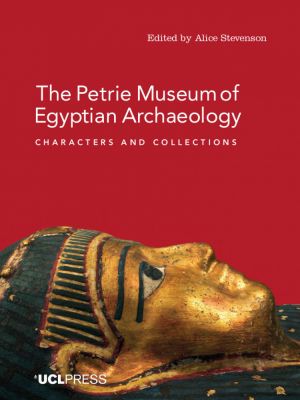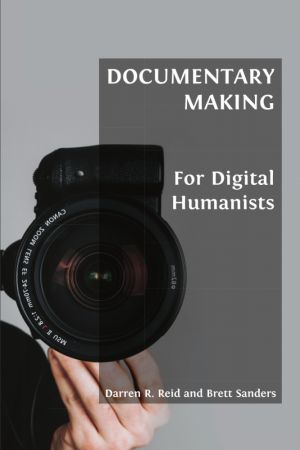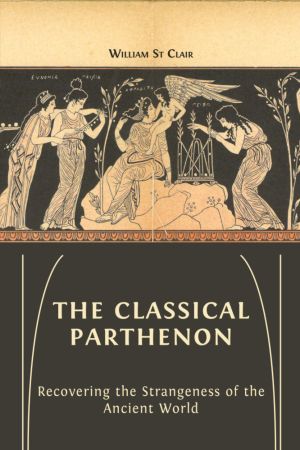
This open access book examines the educational conditions that support cultures of exploration in kindergartens. It conceptualises cultures of exploration, whether those cultures are created through children's own engagement or are demanded of them through undertaking specific tasks within different institutional settings. It shows how the con...

This book addresses the application of computing to cultural heritage and the discipline of Digital Humanities that formed around it. Digital Humanities research is transforming how the Human record can be transmitted, shaped, understood, questioned and imagined and it has been ongoing for more than 70 years. However, we have no comprehensive histo...

This book presents the outcomes of the "Design for Future - Managed Software Evolution" priority program 1593, which was launched by the German Research Foundation ("Deutsche Forschungsgemeinschaft (DFG)") to develop new approaches to software engineering with a specific focus on long-lived software systems. The different lifecy...

This twenty-third ICMI Study addresses for the first time mathematics teaching and learning in the primary school (and pre-school) setting, while also taking international perspectives, socio-cultural diversity and institutional constraints into account. One of the main challenges of designing the first ICMI primary school study of this kind is the...

"Hammel successfully illuminates how the production and circulation of Barber's work was deeply affected by contemporary attitudes towards gender and race within the colonial context of the nineteenth-century Cape. This fascinating book is destined to become a landmark in the history of science in South Africa."
—Nigel Penn, Unive...

This open access volume provides for the first time a comprehensive description and scientific evaluation of underwater archaeological finds referring to human occupation of the continental shelf around the coastlines of Europe and the Mediterranean when sea levels were lower than present. These are the largest body of underwater finds worldwide, a...

he World Wide Web has now been in use for more than 20 years. From early browsers to today's principal source of information, entertainment and much else, the Web is an integral part of our daily lives, to the extent that some people believe 'if it's not online, it doesn't exist.' While this statement is not entirely true, ...

The Petrie Museum of Egyptian Archaeology first opened its doors in 1915, and since then has attracted visitors from all over the world as well as providing valuable teaching resources. Named after its founder, the pioneering archaeologist Flinders Petrie, the Museum holds more than 80,000 objects and is one of the largest and finest collections o...

This fluent and comprehensive field guide responds to increased interest, across the humanities, in the ways in which digital technologies can disrupt and open up new research and pedagogical avenues. It is designed to help scholars and students engage with their subjects using an audio-visual grammar, and to allow readers to efficiently gain the t...

Complementing Who Saved the Parthenon? this companion volume sets aside more recent narratives surrounding the Athenian Acropolis, supposedly 'the very symbol of democracy itself', instead asking if we can truly access an ancient past imputed with modern meaning. And, if so, how?
In this book William St Clair presents a reconstructed u...
